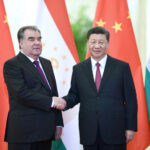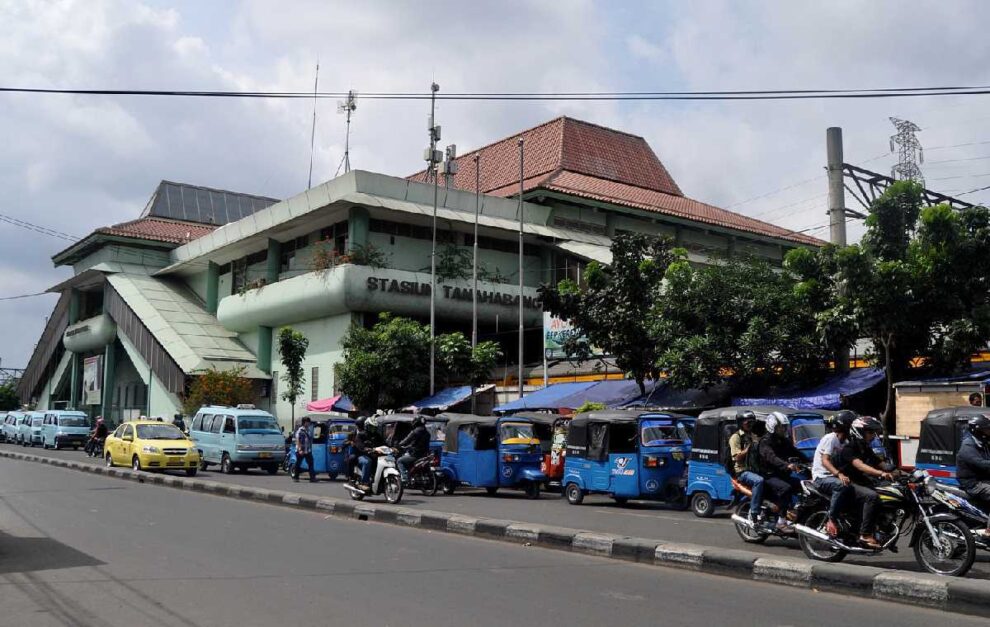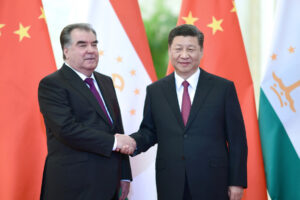Cloth retailers in Jakarta’s bustling Tanah Abang market are grappling with dwindling sales and shifting consumer preferences toward online shopping.
To rescue these retailers from the brink of bankruptcy and protect Tanah Abang’s status as Southeast Asia’s largest apparel marketplace, an expert suggested a series of strategic efforts.
As an immediate response, the Jakarta government should focus on training traders in e-commerce practices, offering financial assistance, reducing rental fees for Tanah Abang shops, and implementing pricing regulations in the digital marketplace, according to Bhima Yudhistira, the executive director of the Center of Economic and Law Studies (Celios).
The objective of these policies is twofold: to level the playing field between Tanah Abang traders and online apparel sellers and to prevent monopolistic business practices.
Bhima said e-commerce platforms often run numerous promotion programs and offer generous discounts, placing Tanah Abang traders at a disadvantage and adding to the pressing issue of unfair competition between online shop owners and those operating physical stores.
“Online trading platforms, such as TikTok shops, sometimes provide substantial discounts, creating an uneven playing field for business competition. This issue should be addressed by the government, particularly the KPPU [Business Competition Supervisory Commission],” Bhima said.
Furthermore, Bhima urged the government to take a more proactive stance regarding the influx of imported goods in online markets, which are often priced much lower than goods sold in physical stores.
However, Bhima did not place blame on consumers for seeking lower prices, particularly in light of rising food costs. He acknowledged that people are grappling with inflationary pressures, including increasing rice prices, which necessitate cost-saving measures and prioritizing spending on essentials such as food.
Moreover, Bhima called for greater government oversight to prevent social media platforms from running online marketplaces in Indonesia, citing their unfair advantages in terms of user numbers, logistical support, and market strategies. He said that without proper regulations, e-commerce could undermine physical markets and negatively impact Indonesian micro, small, and medium enterprises.















